Collect SDOH assessments
Date
Jan 16, 2025
Author
Rik Renard
Situation
Collecting Social Determinants of Health (SDOH) data should pave the way for more holistic, patient-centered care. But for most value-based care (VBC) organizations, it’s a frustrating, disjointed process. Patients are often asked to fill out surveys on paper, if at all, leaving your team chasing them through phone calls, emails, or even home visits just to gather the necessary data. When the information finally makes its way to you, it’s another manual task to enter it into the EHR.
Complication
The real issue isn’t just collecting SDOH data—it’s what happens after. Most organizations gather the data, understand the patient’s needs, and even have resources to help—but no clear system to act on it. Tasks like coordinating with social workers, enrolling patients in government programs, or tracking outcomes over time are manual, ad hoc, and often neglected. Patients who desperately need help fall through the cracks, while care teams are left feeling like their efforts aren’t moving the needle. The result? A gap between data and meaningful action, leaving patients unsupported and outcomes unmeasured.
Resolution
Care teams use Awell to bridge the gap between SDOH data collection and actionable support. The process begins with multi-channel patient engagement—text, email, voice AI, or even creating tasks for home visits—ensuring surveys are completed without overburdening teams. Once responses are collected, the system analyzes the data and suggests actionable steps directly within the care plan, automating downstream activities to keep things moving.
For example, when a patient reports struggling with housing, the system creates a task for a social worker to connect them to local shelters or housing assistance programs. If food insecurity is flagged, teams use Awell to identify eligibility for government programs like SNAP and help facilitate enrollment.
With Awell, SDOH workflows go beyond just collecting data. Care teams turn insights into real, tangible support that reduces care gaps and improves outcomes for those who need it most.
Disclaimer: Each flow belongs to, and is configured by, an Awell customer. Awell supplies the underlying builder platform only; we do not provide clinical content or clinical decision-making logic.
Back






















